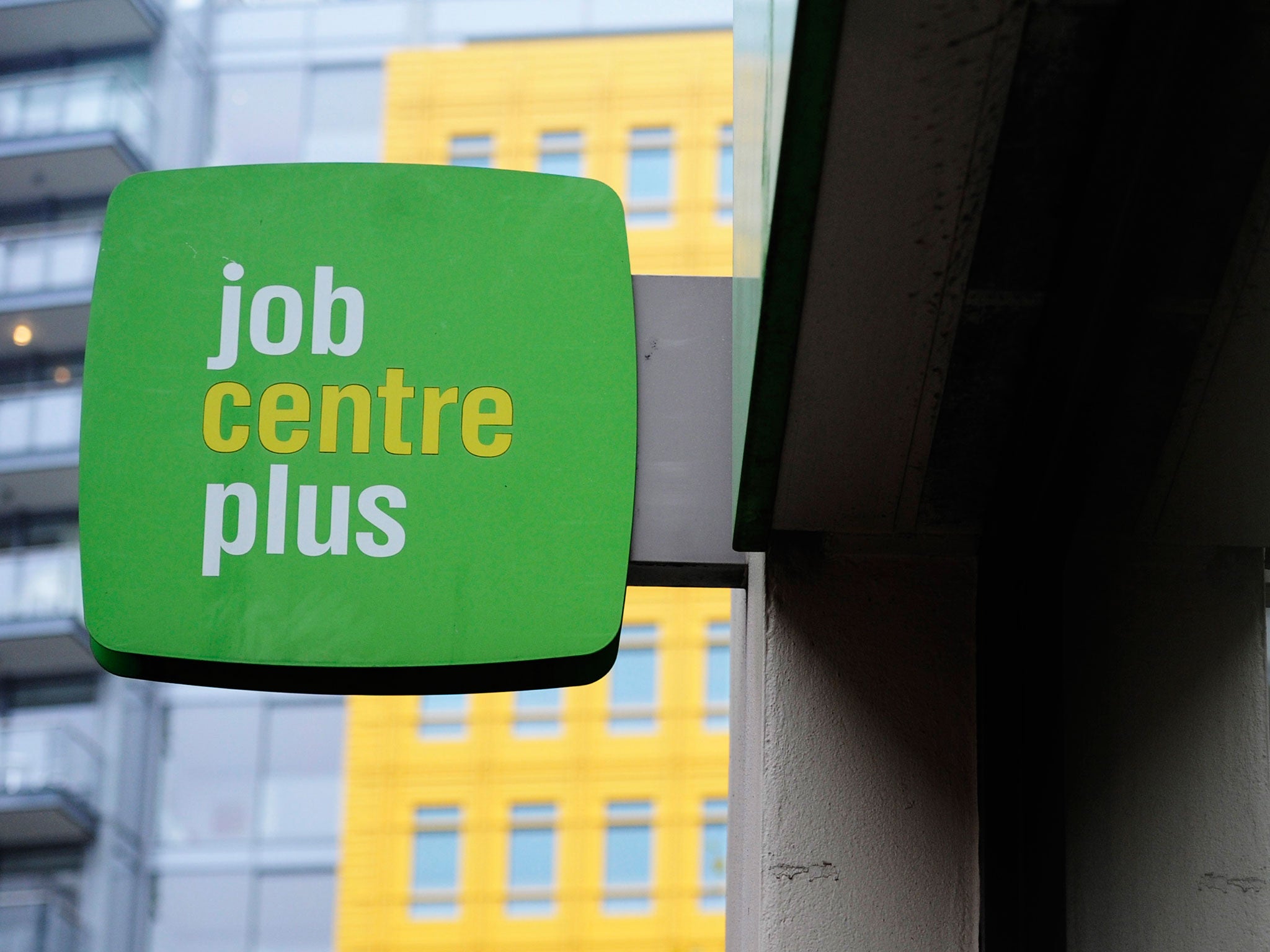Young people hit twice as hard by coronavirus job losses, study finds
Younger generations seeing 'substantial and sustained’ hit to employment and education, LSE researchers say

Your support helps us to tell the story
From reproductive rights to climate change to Big Tech, The Independent is on the ground when the story is developing. Whether it's investigating the financials of Elon Musk's pro-Trump PAC or producing our latest documentary, 'The A Word', which shines a light on the American women fighting for reproductive rights, we know how important it is to parse out the facts from the messaging.
At such a critical moment in US history, we need reporters on the ground. Your donation allows us to keep sending journalists to speak to both sides of the story.
The Independent is trusted by Americans across the entire political spectrum. And unlike many other quality news outlets, we choose not to lock Americans out of our reporting and analysis with paywalls. We believe quality journalism should be available to everyone, paid for by those who can afford it.
Your support makes all the difference.Young people are more than twice as likely to have lost their jobs and and just under six in 10 have seen their earnings fall since the coronavirus pandemic began, research has found.
Employment and earnings losses are also more pronounced for women, the self-employed and those who grew up in a poor family, according to researchers at the London School of Economics.
Among people aged 16 to 25, some 11.1 per cent reported losing their job in the past two months, compared to 4.6 per cent for those aged 26 or over.
Overall, 5.4 per cent of people who took part in the research said they had lost their job. A further 7.3 per cent reported that they were still in work, but working zero hours meaning 12.7 per cent were workless.
Among the younger age group, 18.3 per cent were workless compared to 11.9 per cent in those aged 26 to 65.
Professor Stephen Machin, director of the LSE’s Centre for Economic Performance and report co-author, said: “These are very significant hits to the labour market for young adults in particular. There is a real concern that people who have lost their jobs are moving onto trajectories heading to long-term unemployment, the costs of which are substantial.”
The study highlights "substantial and sustained losses" not only to young people's employment but also their education with private school pupils less severely impacted than state school pupils.
During April, nearly three-quarters (74 per cent) of private school pupils were benefiting from full school days – nearly twice the proportion of state school pupils (38 per cent).
A total of 9 per cent of parents reported paying for private tutoring during lockdown. Parents in the highest quartile of incomes were over four times as likely to pay for private tutoring during lockdown than those in the lowest quartile of incomes – 15.7 per cent compared with 3.8 per cent.
Andrew Eyles, research economist at the CEP, said: “Our research findings of substantial and continuing education loss add to growing evidence that disadvantaged students have fallen behind their more privileged peers due to differences in school provision, and the stark home learning divide in study space, computers and internet connectivity and access to paid tutoring.”

Join our commenting forum
Join thought-provoking conversations, follow other Independent readers and see their replies
Comments